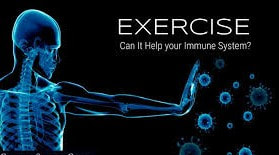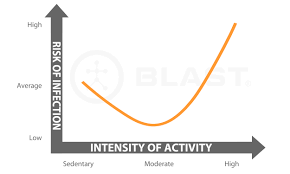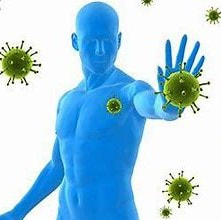|
During this time of quarantine, the topic of IMMUNITY is front and center on our minds. We may be looking for ways to give our body's defenses a little boost to ward off a certain viral infection going around right now! My goal here is to dig and sift through peer-reviewed research, and summarize the key findings on the role that exercise plays in our immunity. The topic is very well researched, and I'm sure I only scratched the surface. However, I believe I've seen enough to decipher certain consistencies. Some things may surprise you! Physical activity has long been linked to countless positive health benefits, to where it is easy to attribute any and all health benefits to it. But does it actually impact our IMMUNITY in a positive and meaningful way? I think most would argue that yes, of course it does! How could it not?? The broad medical and health/wellness community holds that as a fundamental truth. But lets look at some more! In regards to basic relationship:
In regards to aging:
Regarding training mode, and Chronic (long term) VS Acute (short term) effects
Regarding carbohydrate consumption, exercise and immunity
Key Takeaways:
So get outside, go for your walk, jog, or ride, and be confident that you are giving your immunity a boost today and every day! Until next time!
0 Comments
|
Broad Scope Narrow Focus BlogWelcome to the Broad Scope Narrow Focus Blog! I hope you find a lot of useful and applicable information as we explore the broad world of Wellness together. Check in often, as there will be new posts weekly! Enjoy Archives
September 2021
Categories |
Services |
Hours & Contact InformationHours of Operation: The Facility is staffed Tuesday - Thursday 7a-5p
*Facility is accessible 24 hrs / 7 days a week e . [email protected] p . (616) 787 - 7710 |




 RSS Feed
RSS Feed